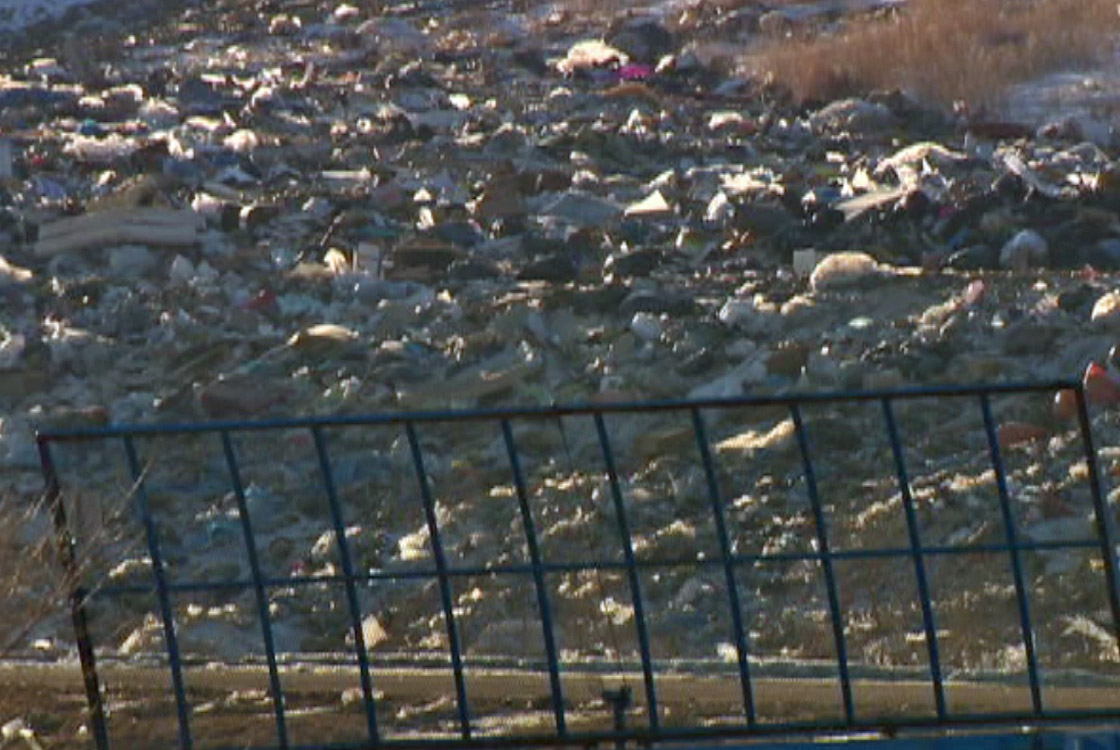There was plenty of trash talk at city hall on Monday, as Saskatoon is now one step closer to big changes to the city’s waste management system.

City councillors voted in favour of a Pay As You Throw (PAYT) garbage system, for which residents would pay a utility fee instead of through their property taxes. Residents would also have a choice in the size of bin they’ll be billed for — the smaller the bin, the less you pay.
“We have to move forward on this program.” Coun. Darren Hill said.
The city’s committee on environment, utilities and corporate services also voted for city council to approve a mandatory city-wide organics program for food and yard waste; both programs would be rolled out by fall of 2019.
“City council have adopted a performance target to divert 70 per cent from our landfill by 2023 and the clock is ticking on that,” said Brenda Wallace, the city’s director of environment and corporate services.
The organics program would see the introduction of a green cart. City officials suggested up to $8.5 million be approved for the procurement of green carts. While the recommendation was approved by the committee, there was some frustration due to the lack of information.
- What is a halal mortgage? How interest-free home financing works in Canada
- Capital gains changes are ‘really fair,’ Freeland says, as doctors cry foul
- Ontario doctors offer solutions to help address shortage of family physicians
- Canada will take bigger economic hit than U.S. if Trump wins election: report
There was some contention around the lacking information. However, further details on how much the utility will actually cost taxpayers is expected in a full report in the fall. Administration says capital costs are expected to be between $13 and $22 million.
There will be some components of waste management that will remain covered through property taxes, even after the city moves to the utility model. Further, city councillors say that while property taxes go down, the total cost of the utility will be going up.
“It’s going to be more than what you’re paying now,” Hill said.
Overall, the conversation in committee focused on the big picture of waste diversion in the city in the future, with concerns over the landfill. The cost of closing the current landfill and opening a new one is expected to be $150 million.
“We’ve known that our waste systems aren’t performing environmentally or financially the way we need them to for quite a while,” Wallace said.
The matter will now go to city council for full approval.


Comments